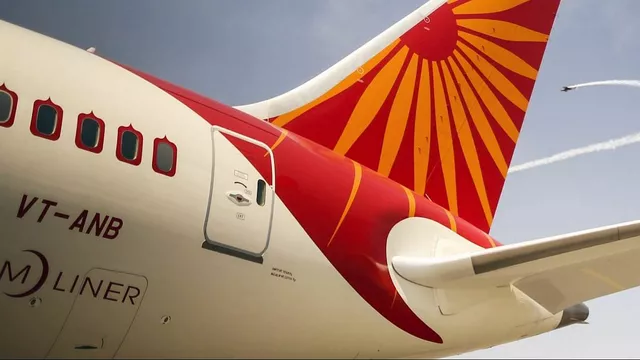Travel Advice: Flight Tips, Safety, and Common Flight Questions
Travel can be confusing, especially when rules differ by country. This page gives clear, practical tips for flying, staying safe, and handling odd situations — like what happens if only one passenger is booked on a flight in India. Skip the fluff; read what matters so you can plan smarter and stress less.
Can a plane take off with only one passenger in India?
Short answer: yes, but there are conditions. Commercial airlines rarely operate with a single paying passenger because it’s costly. Still, flights can happen if the aircraft is on a charter mission, carrying essential cargo, transporting a VIP, or if the airline has special permission from the Directorate General of Civil Aviation (DGCA). The airline must meet safety, crew, and operational rules regardless of how many passengers are on board.
What you should do if you worry about a near-empty flight: call the airline before you travel. Ask whether the flight is confirmed, if it’s scheduled as a regular commercial service or a charter, and whether the departure is guaranteed. If your flight needs DGCA clearance or special arrangements, the airline should tell you in advance.
Practical flight tips that actually help
Pack a small carry-on with essentials: charger, medication, ID, and a change of clothes. If a flight gets canceled or changed because it’s underbooked, you’ll want the freedom to move quickly. Join the airline’s update service and enable notifications so you get real-time changes instead of finding out at the airport.
Arrive early. When flights are low on passengers, airports may reduce staff or shift gates. Getting there two hours before domestic or three hours before international departures gives you time to sort issues without panic. If you face rerouting or cancellation, ask the airline for rebooking options and any compensation or meal vouchers they provide.
Check the aircraft type and flight number before you leave home. Small turboprops and regional jets are more likely to run as charters or be affected by special permissions. If you’re booking for a specific schedule, consider a larger airline or more popular route to avoid last-minute changes.
Think about travel insurance. A policy that covers cancellations, emergency rebooking, and medical issues pays off more often than you expect. Read the policy’s fine print for coverage limits and required documentation, especially if your trip relies on a single connecting flight or a remote destination.
Finally, ask direct questions. If you ever wonder whether a flight will operate with very few passengers, call the airline customer service and ask: Is this a confirmed commercial flight? Is special permission required? Are alternative flights available? Clear answers save time and stress.
Use these tips every time you fly, and you’ll handle surprises calmly. For hands-on stories and examples, check our article about whether planes take off with only one passenger in India — it explains real scenarios and what travelers experienced.

Would a plane takeoff with only one passenger in India?
This article discusses whether or not a plane can take off with only one passenger in India. It is stated that planes are allowed to take off with only one passenger in India under certain circumstances. These include when the passenger is a VIP or if the aircraft is carrying essential goods/services. It is also possible to obtain special permission from the Directorate General of Civil Aviation (DGCA). The article concludes by noting that airlines must follow all safety measures and protocols, regardless of the number of passengers.
CONTINUE READING



